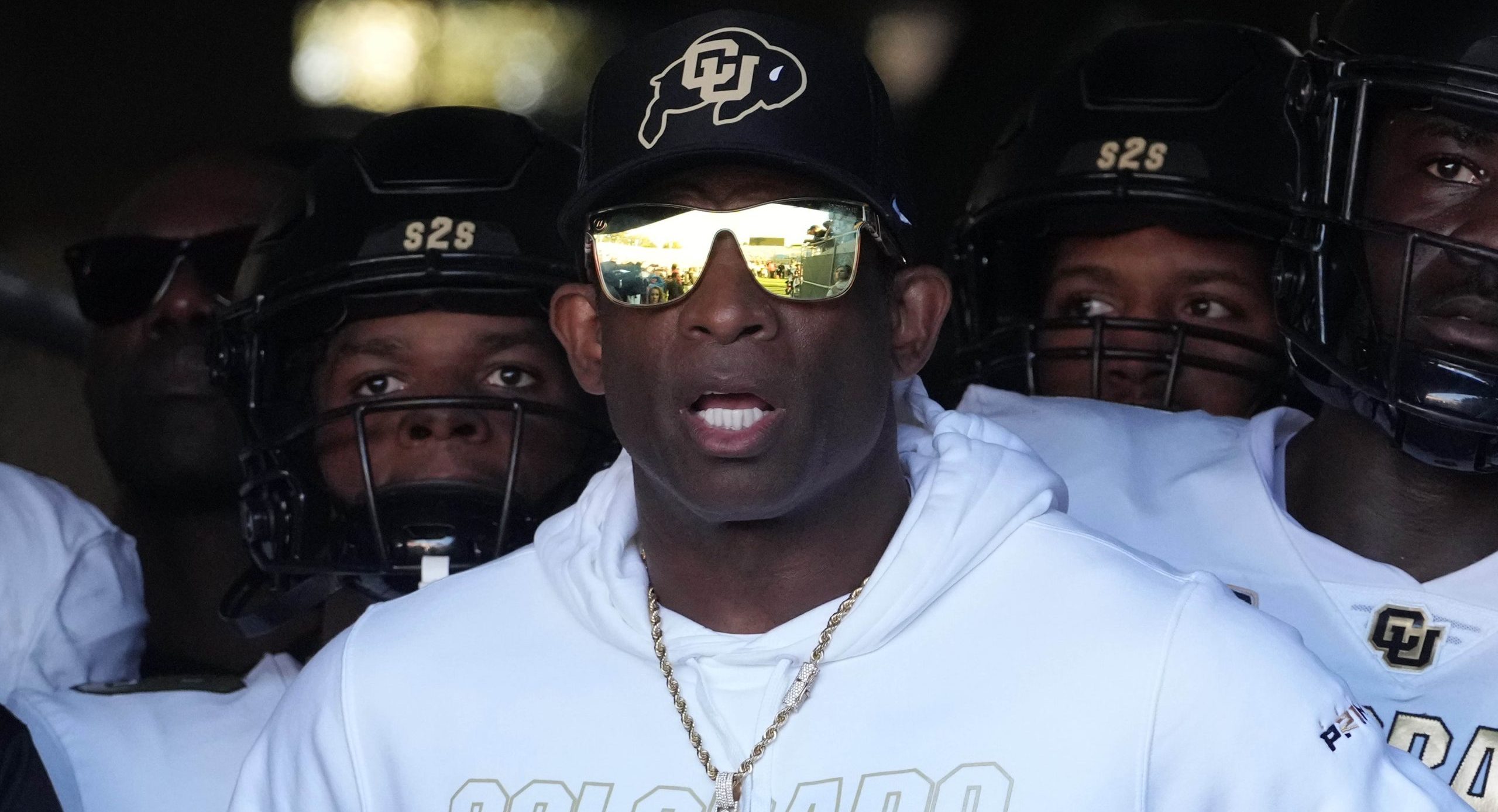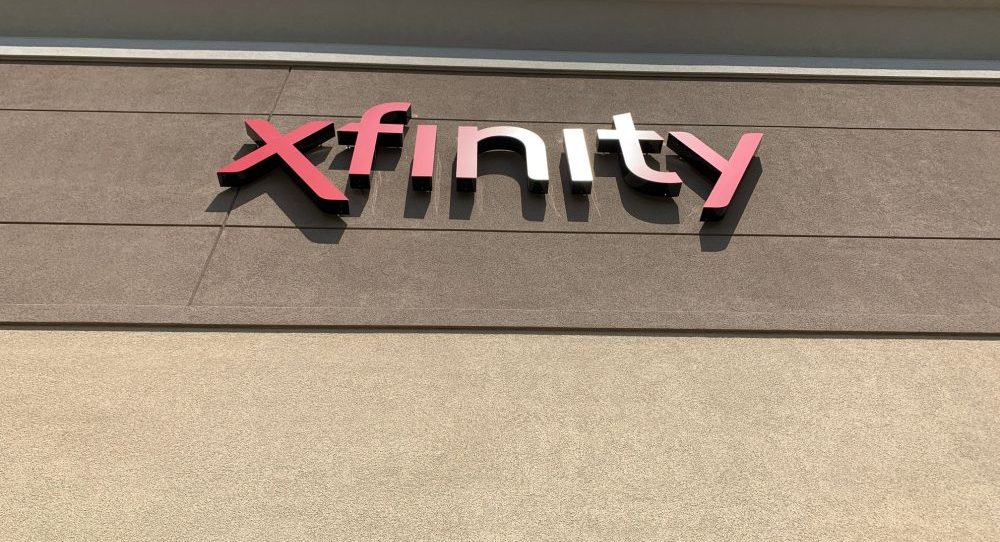The last Pac-12 team to win a college football national championship was USC in 2004. Since then, the SEC, Big Ten, Big 12 and ACC have all won titles.
The last Pac-12 team to the college basketball national title was Arizona in 1997. Since then, the SEC, Big Ten, Big 12, ACC, Big East and AAC have all claimed championships.
The last Pac-12 team to even make the NCAA Tournament championship game was UCLA in 2006. Since then, the SEC, Big Ten, ACC, Big East, Big 12, AAC, Horizon League and West Coast Conference have all gotten there.
There’s no one single explanation for why the Pac-12 has not matched the SEC, Big Ten or ACC over the last decade — and particularly over the past few years — but many administrators at the conference’s member schools seem to point in the same direction: at the Pac-12 Network.
The latest
- Exclusive: Famed travel baseball coach Nelson ‘Coach Nelly’ Gonzalez talks partnering with Perfect Game for podcast
- Jason Kelce hire solidifies ‘Monday Night Football’ as ESPN’s premier program
- Paul Bissonnette and Anson Carter on covering former NHL on TNT colleague Rick Tocchet: ‘It’s been easy to pump his tires.’
- Exclusive: Michael Davies is stepping back from regular Men in Blazers appearances
“It’s critical for me and for the university to get back in the black, but not just to get in the black but to get to the point where we have additional dollars coming in to invest in coaches, student-athletes and facilities,” Schulz said.
Schulz also expressed disappointment at the revenue the Pac-12 Network has netted for the Pac-12 schools.
“The original projections made way before I was here was that there was going to be substantial revenue coming in to the different members of the Pac-12,” Schulz said. “While we have exceeded some lower level expectations, I think the Pac-12 Network is still not providing the sort of dollars the other schools in the SEC and Big Ten get from their conference networks.”
[…]
“This is a concern of the Pac-12 presidents and I can tell you it’s a large discussion point with meetings with the commissioner at every single meeting. Because everybody needs these revenues to be competitive, not just within the Pac-12, but hey, the Pac-12 schools have got to be competitive with ACC, the SEC and the Big Ten and Big 12, and we’re falling behind,” Schulz said.
It’s no secret that Pac-12 schools are not reaping the type of television revenue as their competitors in some other major conferences. Five years after the Pac-12 Network launched, it still isn’t carried on DirecTV and has fallen far behind Big Ten Network and the SEC Network in viewership and revenue. Whereas the SEC distributed about $40 million in television earnings to each of its schools in 2015-16, the Pac-12 distributed only about $27 million over the same school year. That $13 million difference can presumably go toward coaches’ salaries, facilities upgrades and other expenditures that help college sports teams win.
Athletic directors from Utah’s Chris Hill to Washington State’s (soon starting at Nebraska) Bill Moos to Colorado’s Rick George have all voiced displeasure at the network’s revenue. Several of them have alleged that the conference initially misrepresented the kind of windfall the schools would receive from the new television arrangement. The Pac-12 Network presumably isn’t the sole reason the conference is lagging, but it certainly doesn’t seem to be helping.







